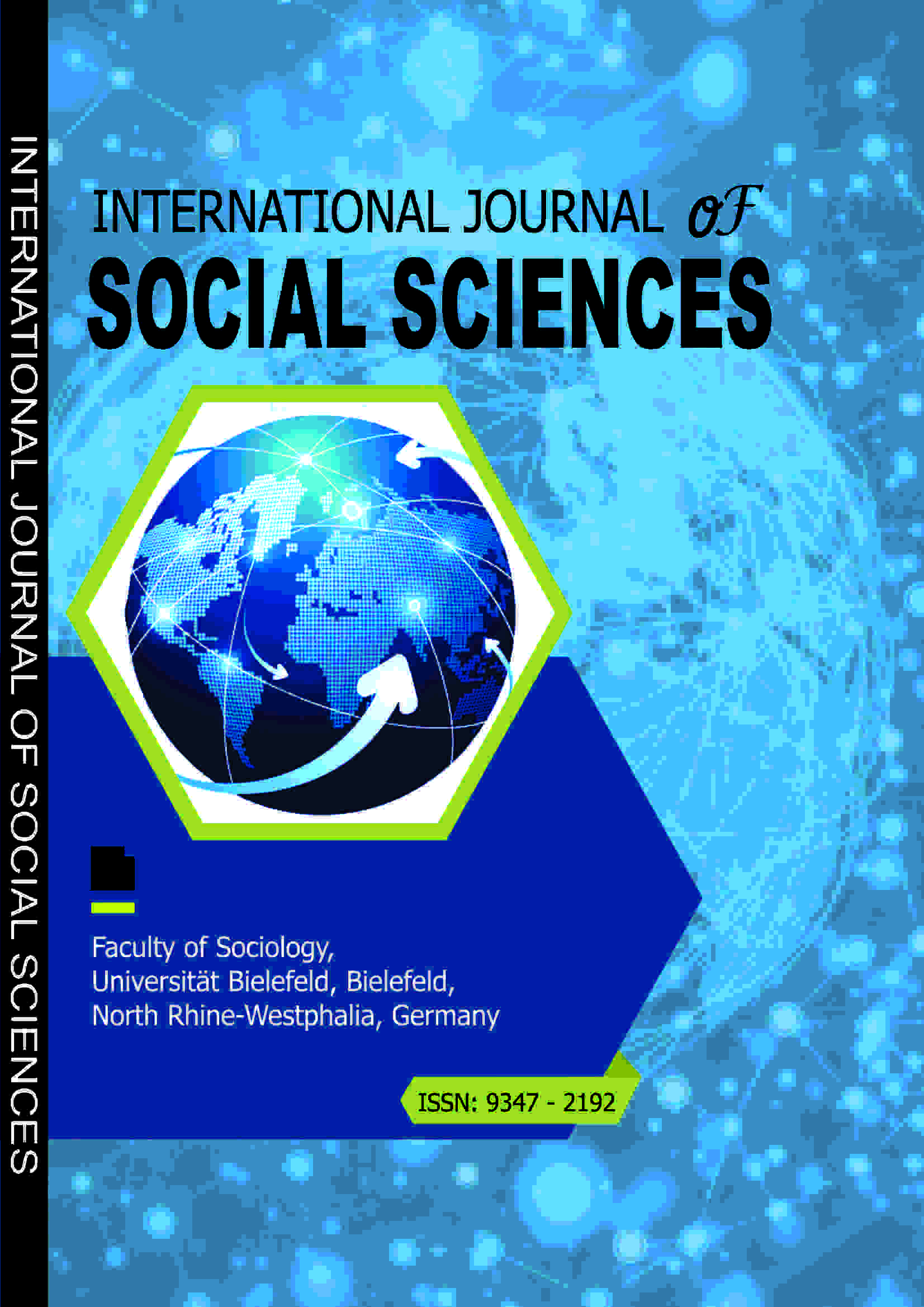INTERNATIONAL JOURNAL OF SOCIAL SCIENCES (IJSS)
The Influence of Socioeconomic Status on Child Development in Ikeja Local Government Area, Lagos State
E-ISSN: 7885-4322
P-ISSN: 9347-2192
DOI: https://iigdpublishers.com/article/880
Socioeconomic status (SES) significantly influences child development across multiple domains, including physical, cognitive, social, and emotional well-being. This study examines the impact of socioeconomic status on child development in Ikeja Local Government, Lagos State, Nigeria, focusing on factors such as parental income, education, and occupation. A descriptive survey research design was employed, with data collected from 221 parents and caregivers of children aged 2-18 years. A structured questionnaire was used to assess the effects of socioeconomic status on children’s physical, psychological, and social development. Findings revealed that 85.1% of children had consistent access to clean water, while 85.5% had access to educational resources such as books and the internet. However, only 53.8% had access to healthcare services, and 64.7% had consistent electricity supply. Regarding physical development, 96.3% of respondents agreed that parental employment status significantly affects child development, and 89.6% believed that family income directly correlates with access to quality education and healthcare. In terms of psychological well-being, 60.2% of children regularly engaged in educational activities at home, while 65.2% expressed emotions freely. However, 54.3% showed signs of stress or anxiety, highlighting the emotional toll of financial instability. Socially, 46% of children often interacted with peers outside of school, while 38% faced difficulties in making or keeping friends. Based on these findings, the study recommends policy interventions to improve access to quality education, healthcare, and social welfare programs for children from low-income families. Initiatives to enhance parental awareness and community-based support programs are also essential in fostering child development. Addressing socioeconomic disparities is crucial to ensuring that all children, regardless of background, have equal opportunities for healthy development and academic success.
Binuyo Biodun A., Anjorin Toluwanimi, Adesanya Ocheze Happinesss, Ashaolu Adeola & Obebe Pelumi
Abraham, J., & Franchett, E. E. (2021). Parenting interventions to promote early child development in the first three years of life: A global systematic review and metaanalysis. PLOS Medicine, 18(5), e1003602. https://doi.org/10.1371/journal.pmed.1003602
Adebanjo, T. A., & Olaniyan, K. O. (2021). The effect of socioeconomic status on children’s nutritional status and growth patterns in Lagos State, Nigeria. African Journal of Child Health, 18(2), 45–60. https://doi.org/10.1234/ajch.2021.002
Adebayo, M. (2018). The influence of parental occupational status on school choice and academic achievement in Nigeria. International Journal of Educational Policy Research, 10(2), 155–170.
Aderibigbe, A. (2019). Teachers’ perceptions on the impact of parental socioeconomic status on students’ academic success in Odeda Local Government. African Journal of Pedagogical Studies, 7(1), 87–102.
Adeyemi, T. A., & Ojo, M. K. (2022). The impact of parental income and education on children’s emotional well-being in Lagos State. Journal of Child Psychology and Development Studies, 15(2), 112–130.
